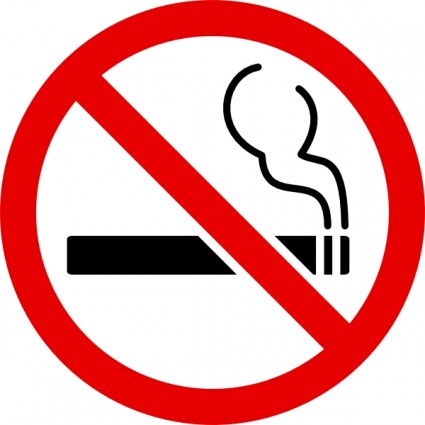|
Tobacco smoke contains a deadly mix of more than 7,000 chemicals; hundreds are harmful,
and about 70 can cause cancer. Smoking increases the risk for serious health problems,
many diseases, and death. People who stop smoking greatly reduce their risk for disease
and early death.
Although the health benefits are greater for people who stop at earlier ages, there
are benefits at any age. You are never too old to quit.
Stopping smoking is associated with the following health benefits:
- Lowered risk for lung cancer and many other types of cancer.
- Reduced risk for heart disease, stroke, and peripheral vascular disease (narrowing
of the blood vessels outside your heart).
- Reduced heart disease risk within 1 to 2 years of quitting.
- Reduced respiratory symptoms, such as coughing, wheezing, and shortness of breath.
While these symptoms may not disappear, they do not continue to progress at the same
rate among people who quit compared with those who continue to smoke.
- Reduced risk of developing some lung diseases (such as chronic obstructive pulmonary
disease, also known as COPD, one of the leading causes of death in the United States).
- Reduced risk for infertility in women of childbearing age. Women who stop smoking
during pregnancy also reduce their risk of having a low birth weight baby.
- Children of parents who smoke, “passive smoking, have more ear and respiratory infections
- Every cigarette you DON”T smoke, adds 7 minutes to your life span!
Ways to Quit Smoking
Most former smokers quit without using one of the treatments that scientific research
has shown can work. However, the following treatments are proven to be effective for
smokers who want help to quit:
- Brief help by a doctor (such as when a doctor takes 10 minutes or less to give a patient
advice and assistance about quitting)
- Individual, group, or telephone counseling
- Behavioral therapies (such as training in problem solving)
- Treatments with more person-to-person contact and more intensity (such as more or
longer counseling sessions)
- Programs to deliver treatments using mobile phones
Medications for quitting that have been found to be effective include the following:
Nicotine replacement products
- Over-the-counter (nicotine patch [which is also available by prescription], gum, lozenge)
- Prescription (nicotine patch, inhaler, nasal spray)
Prescription non-nicotine medications
- bupropion SR (Zyban®)
- varenicline tartrate (Chantix®)
Counseling and medication are both effective for treating tobacco dependence, and
using them together is more effective than using either one alone.
Source: CDC.gov
For help with quitting
1.800.QUIT.NOW
1.800.784.8669 (CDC)
Or....
Contact the American Cancer Society Quitline for free and confidential counseling
services, support and information:
1.877.937.7848
TTY: 1.866.228.4327
Or....
For Texans
Tobacco Prevention and Control Branch
DSHS Health Promotion and Chronic Disease Prevention Section
1100 West 49th Street, Mail Code 1965
Austin, TX 78756
Phone: 512.776.7402
Fax: 512.776.7555
Or.....
www.yesquit.org
Or....
My Quit Plan
|

